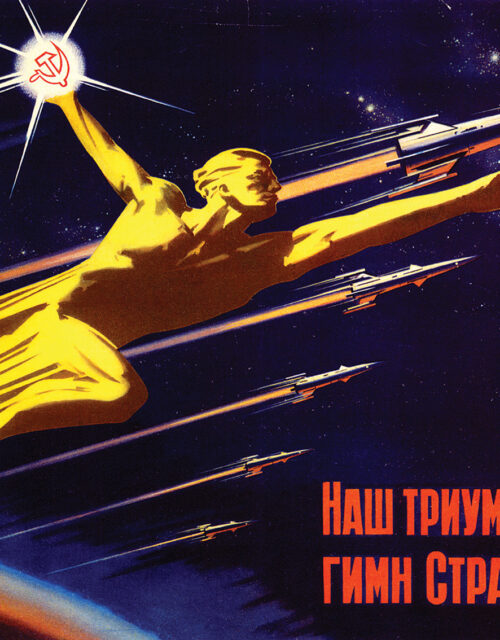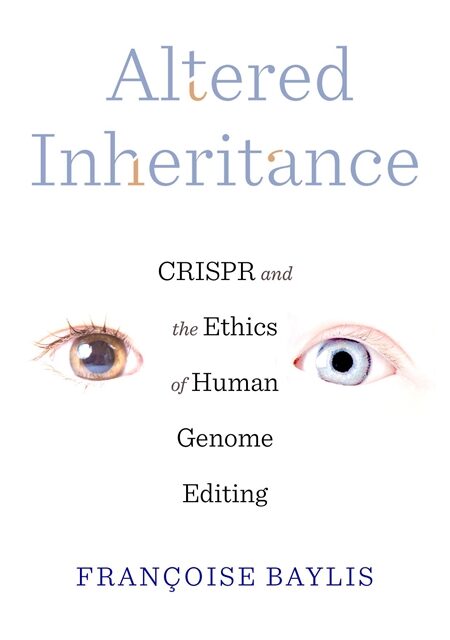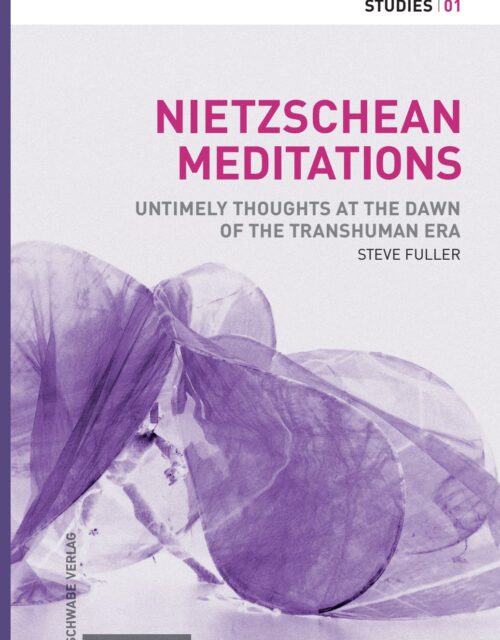What Is To Be Done?
The United States find itself in a crisis of cognitive dissonance: though the nation remains the world’s leader in science and technology by almost any measure, the widely shared benefits that such leadership was supposed to deliver to society seem to be drifting farther from reach. That the crown jewel of America’s scientific preeminence—biomedical science—has failed so spectacularly to protect society as a whole, and vulnerable populations in particular, from the COVID-19 virus has brought these contradictions into excruciating visibility.
Editor's Journal
Unknown Knowns
Read MoreThough the nation remains the world’s leader in science and technology by almost any measure, the widely shared benefits that such leadership was supposed to deliver to society seem to be drifting farther from reach.

Gallery
Visions of the Space Frontier
Perspectives
A Better Approach to Railroad Safety and Operation
Read MoreIn June 2004, a westbound Union Pacific Railroad freight train in Macdona, Texas, struck the midpoint of an eastbound BNSF Railway Company freight train as it was leaving the main line to enter a parallel siding. The derailment caused a car loaded with pressurized, liquefied chlorine to be punctured, creating a cloud of chlorine gas more than a quarter-mile in diameter.
“We Don’t Know What This Is Yet”
Read More“We haven’t thought our way through this challenge, especially when it comes to these industries that have been so hard hit. Now that we’re in the next phase, we need to be geared up for something that’s going to last another couple years, and that money may be better used to start preparing people for new jobs.”
The Return of Science and Technology Assessment for Congress
Read MoreThe COVID-19 pandemic has thrown into stark relief the nation’s urgent need for timely, reliable scientific information. Though information on the pandemic is in ample supply, less readily available is reliable analysis of what this flood of information means.
Interview
“We Don’t Know What This Is Yet”

Gallery
ArtSciConverge at Sagehen Creek Field Station
Real Numbers
COVID-19 Exposes a Broken Prison System
Read MoreAs the pandemic continues to disproportionately infect and kill people in prisons and jails, the current system of mass incarceration must be reevaluated.
Features
The Mystery of China’s Glorious Green Dreams
Read MoreBetween Beijing’s soaring climate change agenda and its lackluster implementation lies a political paradox, and understanding it requires delving into the institutional constraints embedded in China’s climate and environmental politics at the local and national level.
Endless Industrial Policy
Read MoreDeclining to talk about industrial policies has not meant that the United States does not pursue them by other names and other means. It does mean that thoughtful approaches to industrial policy, supported by sound analysis, evidence-based reasoning, and vigorous open debate, have rarely been pursued.
Can AI Make Your Job More Interesting?
Read MoreThis evolution will change the character of work and the firm as profoundly as industrial automation did in the nineteenth and twentieth centuries, with correspondingly profound implications for individuals, businesses, and policy-makers.
Will Robotic Trucks Be “Sweatshops on Wheels”?
Read MoreWhen Americans talk about automation, they tend to ask first how many jobs are at risk, or more broadly, how many jobs will there be, who will do them, and where will they be located. These are the wrong questions.
In the Realm of the Barely Feasible
Read MoreInspired by Endless Frontier, a broad set of organizations, incentives, and relationships evolved after World War II. To meet the challenges we now face, we need a generational advance in our innovation ecosystem with new methods, new participants, and new incentives.
Congress Has Ruined America’s Beaches
Read MoreJust as geologists were realizing that beach development damaged beaches, the government began working to support development that in turn generated new demands for still more infrastructure on the beach. As a result, today the nation faces a shattered coastal landscape and continuing bills for spending to prop up all of this beachfront building.
A “Sedative” for Science Policy
Read MoreThe United States is in the midst of a historically catastrophic response to COVID-19 that should raise questions about Bush’s continuing influence on science policies. The central metaphor of the endless frontier draws on an influential but severely dated and misleading conception of American history, which hides challenges and problems in the guise of idyllic imagery.
Book Reviews

An Elusive Consensus
Read MoreWhile the US Congress passes secretive, sloppy funding legislation and patent offices in different jurisdictions craft incoherent policies, a hot debate plays out about whether, when, and under what conditions it might make sense to introduce heritable forms of genome editing into human beings.

Blank and Pitiless
Read MoreOne person’s truth is another’s fake news, as social media offer new ways to manipulate people. The COVID-19 pandemic now encapsulates all our fears: is nature striking back? Is the novel coronavirus an engineered bioweapon? Can government pronouncements be trusted?

